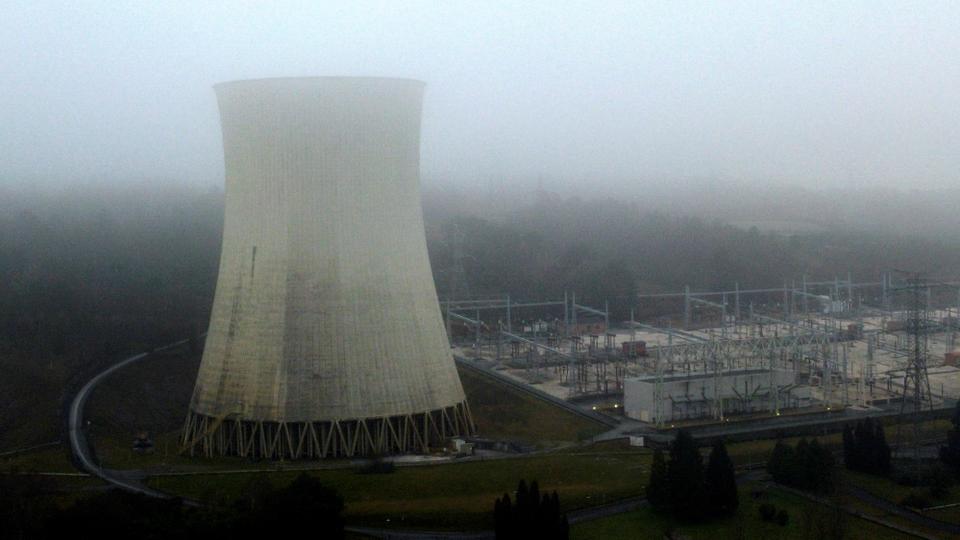The European
Parliament approved sweeping reforms to make EU
climate policies more ambitious, including an upgrade of
the bloc’s carbon market that is set to hike the cost of
polluting in Europe.
Europe’s carbon market forces power plants and factories to
buy CO2 permits when they pollute. It has slashed those sectors’
emissions by 43 percent since 2005, but is facing a revamp to hit more
ambitious EU climate change targets.
Parliament voted to approve, with a large majority, a deal
agreed last year by negotiators from EU countries and
Parliament, to reform the carbon market to cut emissions by 62 percent from 2005 levels by 2030.
Under the upgrade, factories will lose the free CO2 permits
they currently receive by 2034, and shipping emissions will be
added to the CO2 market from 2024.
Lawmakers also backed the EU’s world-first plan to phase in
a levy on imports of high-carbon goods from 2026, targeting
imports of steel, cement, aluminium, fertilisers, electricity
and hydrogen.
The carbon border levy aims to prevent EU industries from being
undercut by more-polluting foreign competitors, removing the
temptation for EU firms to relocate to regions with lax
environmental rules.
READ MORE: Europe temperatures rise more than twice global average in three decades
Final approval
The laws still need final approval from EU countries, who
will assess them in the next few weeks.
That approval is usually a formality that waves through
pre-agreed deals – but the process was upended last month when
Germany lodged last-minute opposition to another policy to phase
out fossil fuel-powered cars.
Peter Liese, Parliament’s lead negotiator on the emissions
trading system (ETS) reform, said the success of the carbon
market would make or break Europe’s CO2-cutting goals.
“For the climate, the ETS alone is more important than all the other files together,” he told Reuters.
The price of EU carbon permits has soared in recent years,
boosted by anticipation of the reforms – hiking costs for
polluters, but raising billions of euros that are returned to EU
country governments to invest in climate measures.
EU carbon permits were trading at around 94 euros per tonne
on Tuesday, having nearly quadrupled in value since the start of
2020. The price hit 100 euros for the first time in February.
Lawmakers also backed plans to launch a new EU carbon market covering emissions from fuels used in cars and buildings in 2027, plus a 86.7 billion-euro EU fund to support consumers affected by the costs.
READ MORE:
Climate crisis talks overshadowed by conflict in Europe



















































Be First to Comment